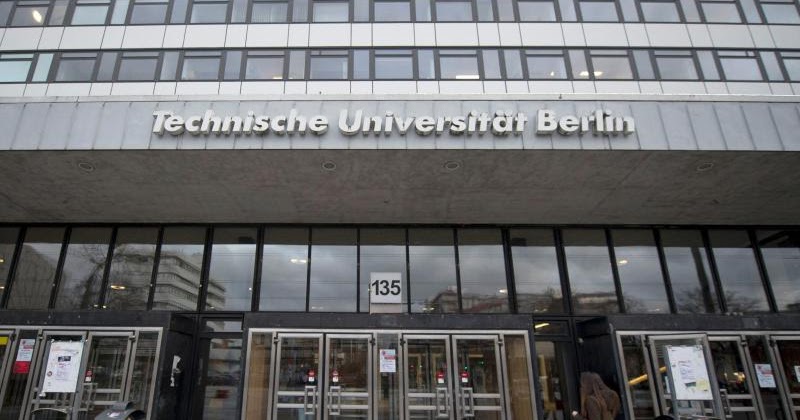'Advanced multidimensional signal processing of brain activity'
PhD Supervisor: Dr. Javier Escudero RodrÃguez
Application Deadline: 1st December 2013
Funding Availability: Open to UK/EU/Overseas applicants. Studentships will cover University fees (at UK/EU or overseas rate), plus a stipend for 3.5 years at the enhanced EPSRC rate (£14,640 for 2013/14).
Research Area: Digital Communications
Understanding the human brain in health and disease is one of the most important challenges of our time. One way to tackle this challenge is to apply biomedical signal processing techniques to brain recordings. By doing so, we try to understand how diverse diseases affect the brain.
In this project, we will focus on developing and applying novel signal processing techniques to investigate the brain activity of healthy people and patients with several diseases, including psychiatric and neurodegenerative conditions. The aim is to investigate new methods to extract neuro-markers from multidimensional signals to characterise the neural function of healthy people and patients. The development of such neuro-markers might contribute to the monitoring of mental diseases.
Background:
The human brain is composed of tens of billions of neurons connected by trillions of connections (synapses). When a neuron is excited, a tiny electrical current propagates through it. These currents are too small to be detected individually but, when larger groups of neurons activate simultaneously, the resulting electromagnetic activity can be measured non-invasively over the scalp, resulting in electroencephalogram (EEG) or magnetoencephalogram (MEG) signals.
The EEG and MEG are multidimensional recordings composed of tens or hundreds of channels, each of them located over a different area of the scalp. The patterns of brain activity in those channels and the interrelationships between them are disrupted in multiple brain diseases. Among others, this is the case in Alzheimerâs and other diseases. These are long-term mental health conditions that severely affect the quality of life of the patient and their relatives.
The processing of those biomedical signals will allow us to gather information about how the brain works and how it is affected by mental diseases.
Eligibility and qualifications: Enthusiastic and self-motivated candidates are sought with a background in electrical and electronic engineering, mathematics or related discipline. Good knowledge of signal processing is essential. Familiarity with computer programming and multivariate statistics will be considered an advantage. Applicants must be of outstanding academic merit: a first class or upper second class honours undergraduate degree (or International equivalent) is the minimum qualification requirement.
To apply for this role, please click on the Apply button below.
Select the Research Area: âDigital Communicationsâ and clearly state on your application form which project you are applying for and the relevant supervisor.
Informal Enquiries to: javier.escudero@ed.ac.uk
Further information: www.eng.ed.ac.uk/drupal/research/IDCOM
Scholarships are not only for the smart students. Anyone can get scholarships













Have a Question about this Scholarship?